Home>Gardening & Outdoor>Landscaping Ideas>How To Keep Flies Off Artificial Grass
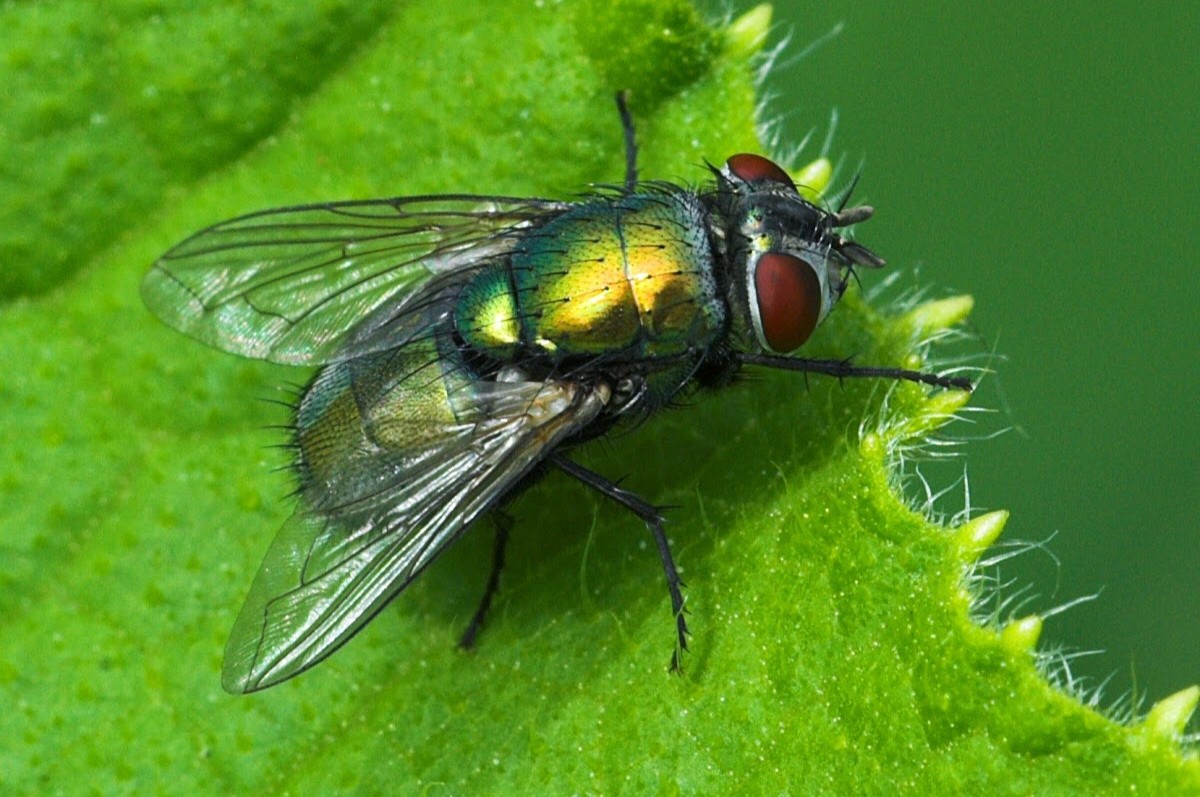

Landscaping Ideas
How To Keep Flies Off Artificial Grass
Modified: February 18, 2024
Learn effective landscaping ideas to keep flies off artificial grass. Discover tips and techniques for maintaining a fly-free outdoor space.
(Many of the links in this article redirect to a specific reviewed product. Your purchase of these products through affiliate links helps to generate commission for Storables.com, at no extra cost. Learn more)
Introduction
Artificial grass has revolutionized landscaping, offering a low-maintenance and visually appealing alternative to natural grass. However, one common challenge that homeowners face is keeping flies off artificial grass. Flies can not only be a nuisance but also pose potential health risks. In this comprehensive guide, we will explore effective strategies to combat this issue and keep your artificial grass fly-free.
Whether you use artificial grass for your backyard, commercial space, or recreational area, the presence of flies can detract from the overall enjoyment and aesthetics. Fortunately, there are several natural and artificial repellents, as well as maintenance practices, that can help mitigate this problem. By understanding the root causes of fly infestations and implementing proactive measures, you can create a pleasant and hygienic environment for yourself, your family, and your guests.
In the following sections, we will delve into the various methods for deterring flies from artificial grass, including natural repellents such as plants and essential oils, as well as artificial repellents like ultrasonic devices and insecticides. Additionally, we will provide essential maintenance tips to ensure that your artificial grass remains unattractive to flies while retaining its pristine appearance.
By empowering yourself with the knowledge and tools to address this issue, you can fully enjoy the benefits of artificial grass without the interference of pesky flies. Let's embark on this journey to discover effective solutions for keeping flies off artificial grass and creating a welcoming outdoor space for relaxation and recreation.
Key Takeaways:
- Natural repellents like plants, essential oils, and citrus-based solutions can keep flies off artificial grass without harsh chemicals, creating a pleasant outdoor space.
- Regular maintenance, including debris removal, infill upkeep, and pet waste management, is crucial for preventing fly infestations and preserving the cleanliness of artificial grass.
Read more: How To Keep Bees Off Patio
Understanding the Problem
Before delving into the solutions, it’s crucial to understand why flies are drawn to artificial grass. Flies are attracted to organic matter, moisture, and food sources, all of which can be found in or around artificial grass if not properly managed.
Artificial grass, despite its synthetic nature, can accumulate organic debris such as fallen leaves, pollen, or pet waste. These materials, if not promptly removed, can serve as breeding grounds for flies. Additionally, the infill used in artificial grass, such as rubber pellets or sand, can retain moisture, creating a hospitable environment for flies to lay their eggs.
Furthermore, if the surrounding areas are not adequately maintained, they can attract flies that may eventually gravitate toward the artificial grass. For instance, uncovered garbage bins, compost heaps, or standing water can all entice flies and contribute to an ongoing infestation.
Understanding these factors is essential for devising an effective fly deterrent strategy. By addressing the root causes of fly attraction, such as organic debris, moisture, and nearby food sources, you can significantly reduce the likelihood of infestations and create an environment that is unappealing to flies.
Now that we have gained insight into the underlying reasons for fly presence on artificial grass, we can explore natural and artificial repellents, as well as maintenance practices, to mitigate this issue and maintain a fly-free outdoor space.
Natural Repellents
When it comes to deterring flies from artificial grass, natural repellents offer an environmentally friendly and non-toxic approach. By leveraging the inherent properties of certain plants and essential oils, you can effectively discourage flies from congregating in your outdoor space.
1. Plants with Repellent Properties: Certain plants are known for their natural fly-repelling qualities. For example, aromatic herbs like lavender, mint, and basil emit fragrances that flies find unpleasant, thereby discouraging their presence. Consider planting these herbs in containers or designated areas near your artificial grass to create a natural fly deterrent.
2. Essential Oils: Essential oils derived from plants such as eucalyptus, citronella, and peppermint can serve as potent fly repellents. Dilute a few drops of these essential oils in water and spray the solution onto the artificial grass and surrounding areas. Not only will this help deter flies, but it will also impart a pleasant aroma to your outdoor space.
3. Citrus-Based Solutions: Flies are known to be averse to the scent of citrus fruits. Create a natural fly repellent by mixing water with citrus juice or zest and spraying it onto the artificial grass. This simple yet effective solution can help keep flies at bay while adding a refreshing citrus scent to your surroundings.
By incorporating these natural repellents into your outdoor maintenance routine, you can create an environment that is inhospitable to flies without resorting to harsh chemicals or artificial substances.
Next, we will explore artificial repellents that offer additional options for mitigating fly infestations and maintaining a fly-free outdoor space.
To keep flies off artificial grass, regularly clean up any food or pet waste, use fly traps or repellents, and consider installing a fan to create airflow that deters flies.
Artificial Repellents
In addition to natural repellents, there are several artificial solutions that can effectively deter flies from artificial grass, offering convenience and long-lasting protection against infestations. These repellents leverage technology and specialized formulations to create an inhospitable environment for flies, helping to maintain a clean and fly-free outdoor space.
1. Ultrasonic Devices: Ultrasonic fly repellent devices emit high-frequency sound waves that are imperceptible to humans and pets but disruptive to flies. These devices can be strategically placed in the vicinity of artificial grass to deter flies without the use of chemicals or odors. They are an eco-friendly and low-maintenance option for long-term fly control.
2. Insecticidal Sprays: Certain insecticidal sprays formulated for outdoor use can effectively target and eliminate flies. When applying insecticidal sprays to the area surrounding the artificial grass, it is essential to choose products that are safe for pets and the environment. Always follow the manufacturer’s instructions and consider consulting with a professional if you have concerns about using insecticides.
3. Fly Traps: Fly traps, such as sticky ribbons or containers with attractants, can be strategically placed near the artificial grass to capture flies and reduce their population. These traps are a non-toxic and low-maintenance option for controlling fly infestations, particularly in outdoor settings.
By incorporating these artificial repellents into your fly control strategy, you can effectively complement natural repellents and create a comprehensive approach to keeping flies off artificial grass. It is important to assess the specific needs of your outdoor space and consider factors such as pet and human interaction, environmental impact, and long-term efficacy when selecting artificial repellents.
Next, we will explore essential maintenance tips that are integral to preventing fly infestations and preserving the pristine appearance of artificial grass.
Maintenance Tips
Effective maintenance practices are essential for preventing fly infestations and preserving the cleanliness and appeal of artificial grass. By implementing regular maintenance routines and addressing potential fly-attracting factors, you can create an environment that is uninviting to flies while upholding the aesthetic and functional qualities of your outdoor space.
1. Regular Debris Removal: Keep the artificial grass free of organic debris such as leaves, twigs, and pet waste. Use a leaf blower, rake, or gentle brush to remove debris from the surface of the grass, as accumulated organic matter can attract flies and contribute to infestations.
2. Infill Maintenance: If your artificial grass utilizes infill materials such as sand or rubber pellets, ensure that they are properly distributed and not retaining excess moisture. Periodically fluff and redistribute the infill to prevent moisture buildup, which can create favorable conditions for fly breeding.
3. Proper Drainage: Ensure that the area surrounding the artificial grass has adequate drainage to prevent standing water, which can attract flies. Address any drainage issues promptly and consider incorporating landscaping features or permeable surfaces to mitigate moisture accumulation.
4. Pet Waste Management: If pets frequent the artificial grass area, promptly remove and dispose of pet waste to prevent odors and discourage flies. Consider rinsing the affected area with water and mild soap to maintain cleanliness and minimize fly attraction.
5. Routine Cleaning: Periodically clean the artificial grass with a gentle detergent and water to remove any residual odors, stains, or substances that may attract flies. Avoid using harsh chemicals that could compromise the integrity of the artificial grass or pose risks to the surrounding environment.
By incorporating these maintenance tips into your regular outdoor care routine, you can proactively mitigate the factors that attract flies and ensure that your artificial grass remains a clean, inviting, and fly-free space for leisure and relaxation.
As we conclude our exploration of effective strategies for keeping flies off artificial grass, it is evident that a combination of natural and artificial repellents, along with diligent maintenance practices, can collectively contribute to a fly-free outdoor environment.
Read more: How To Keep Rain Off A Patio
Conclusion
Managing fly infestations on artificial grass requires a multifaceted approach that encompasses natural repellents, artificial solutions, and proactive maintenance. By understanding the underlying reasons for fly attraction and implementing targeted strategies, you can create an outdoor space that is unappealing to flies while preserving the beauty and functionality of the artificial grass.
From leveraging the repellent properties of plants and essential oils to utilizing ultrasonic devices, insecticidal sprays, and fly traps, there are diverse options available to deter flies effectively. It is essential to consider the specific needs of your outdoor space, environmental impact, and long-term efficacy when selecting repellents.
Furthermore, maintaining a clean and debris-free artificial grass surface, addressing moisture and drainage issues, and managing pet waste are integral to preventing fly infestations and upholding the overall hygiene and aesthetics of the outdoor area.
By integrating natural and artificial repellents with conscientious maintenance practices, you can create an environment that is uninviting to flies, fostering a pleasant and enjoyable outdoor space for leisure, recreation, and relaxation.
As you embark on this journey to keep flies off artificial grass, remember that a proactive and holistic approach is key to long-term success. By staying informed, implementing effective strategies, and maintaining a consistent care routine, you can effectively mitigate fly infestations and create a welcoming outdoor environment for yourself, your family, and your guests.
With a combination of knowledge, creativity, and dedication, you can transform your artificial grass area into a fly-free oasis, allowing you to fully embrace the benefits of this innovative landscaping solution.
Now, armed with a comprehensive understanding of repellent options and maintenance practices, you are well-equipped to create a fly-free haven on your artificial grass, ensuring that it remains a source of enjoyment and relaxation for years to come.
Frequently Asked Questions about How To Keep Flies Off Artificial Grass
Was this page helpful?
At Storables.com, we guarantee accurate and reliable information. Our content, validated by Expert Board Contributors, is crafted following stringent Editorial Policies. We're committed to providing you with well-researched, expert-backed insights for all your informational needs.
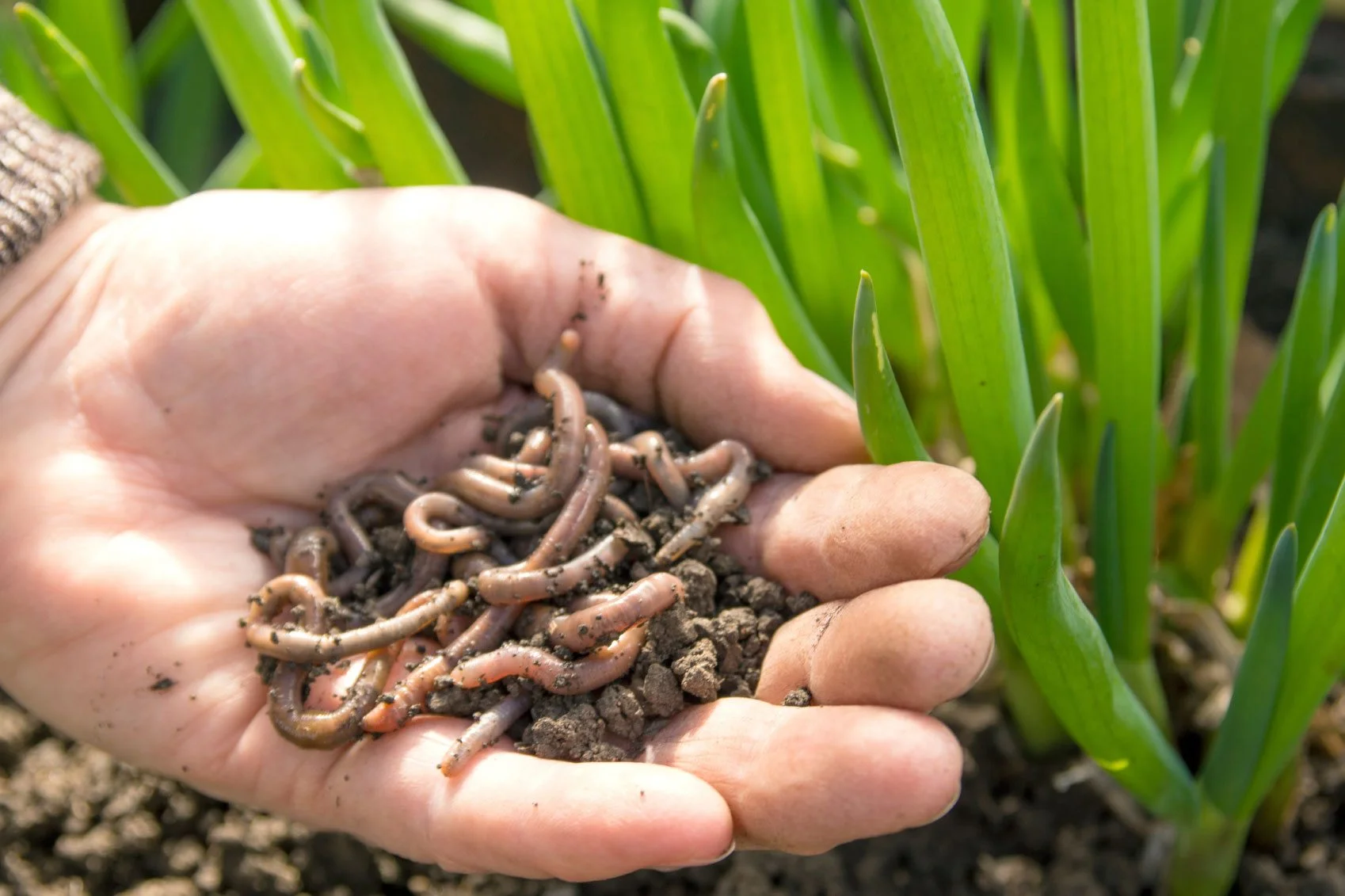
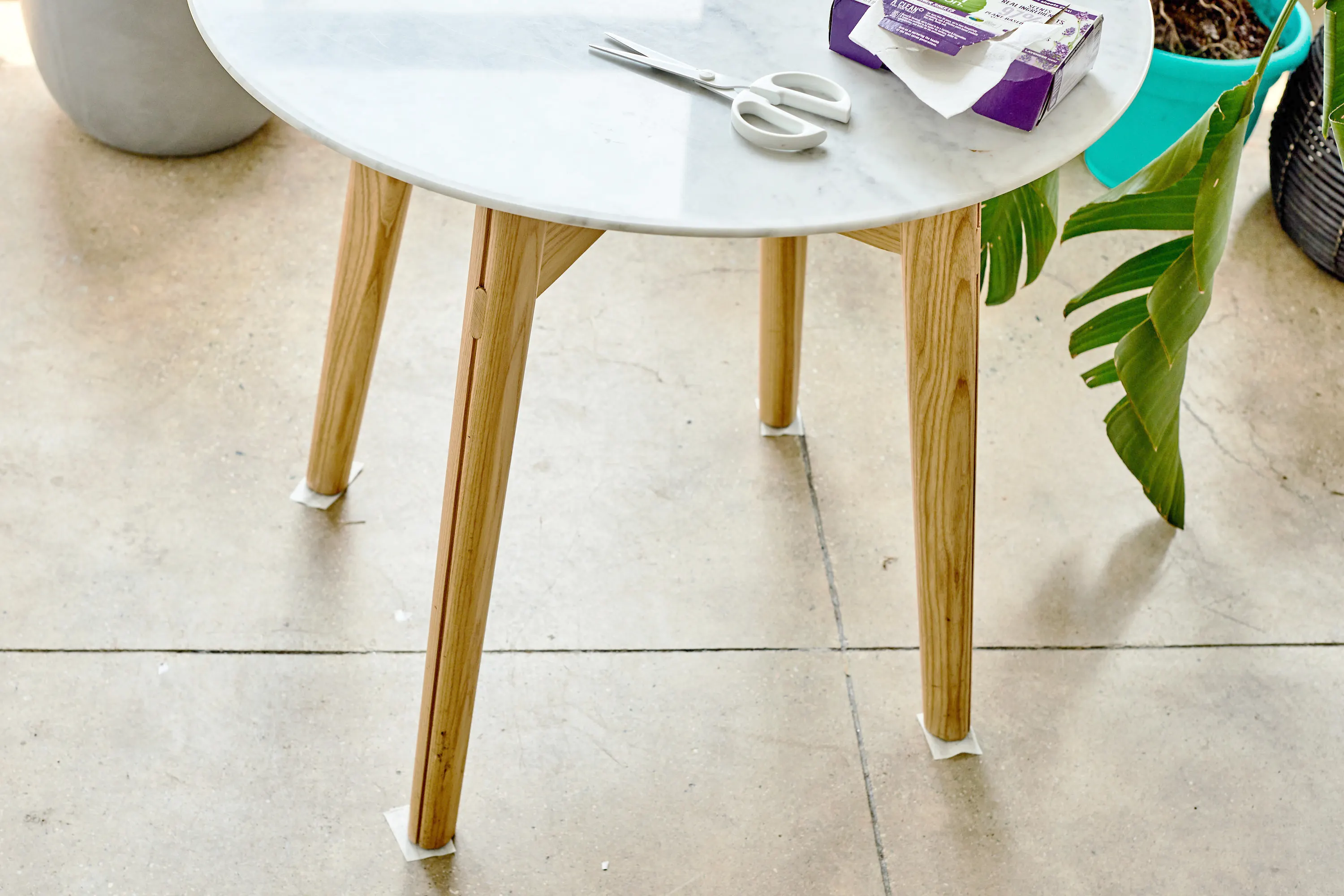
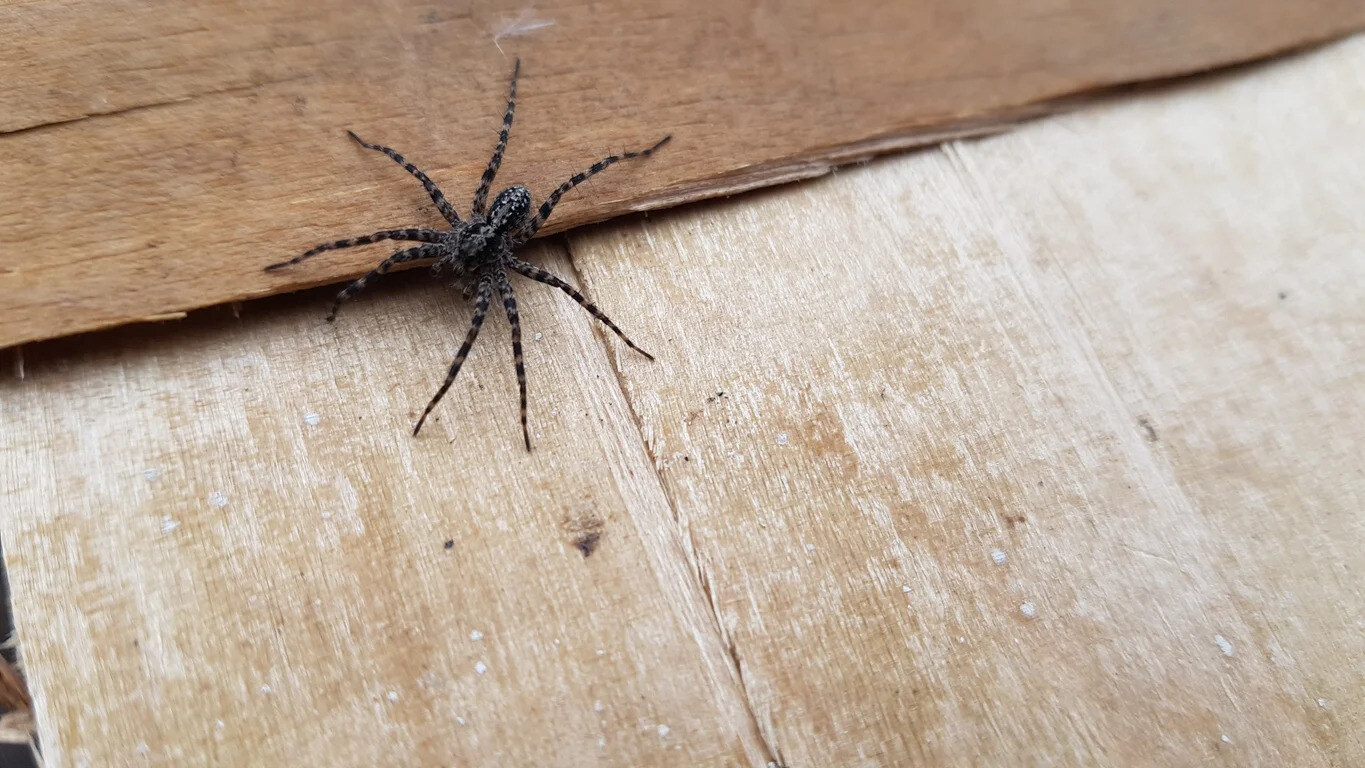
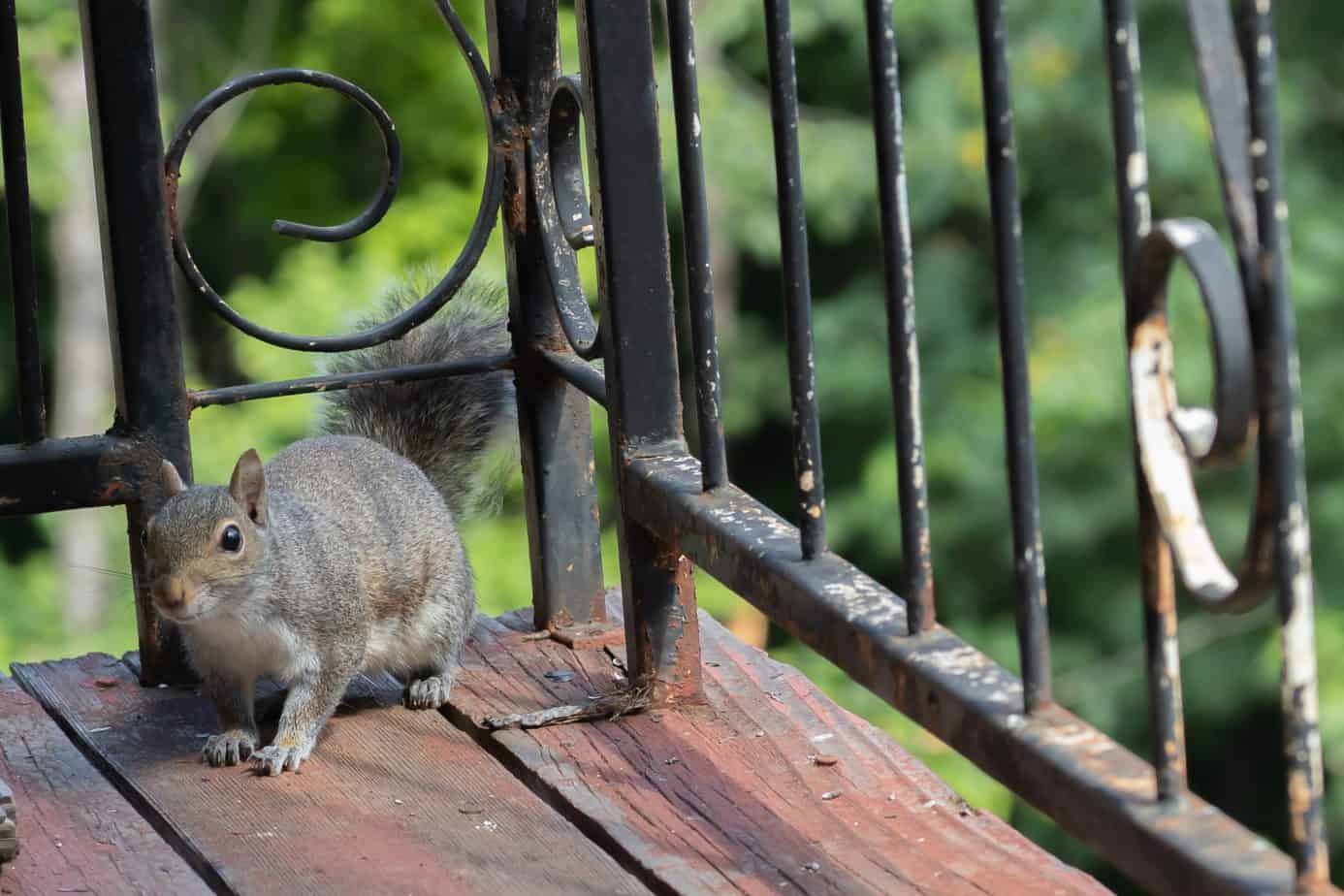
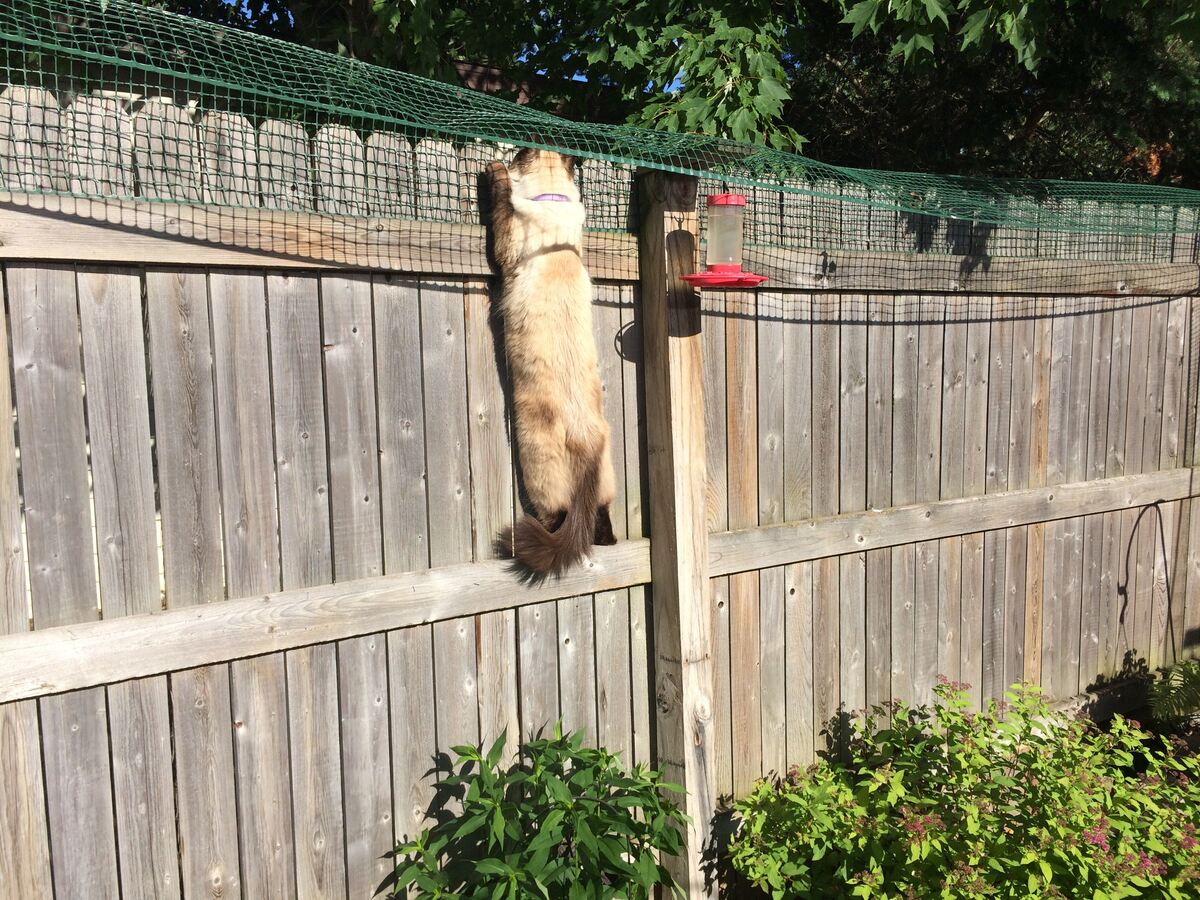
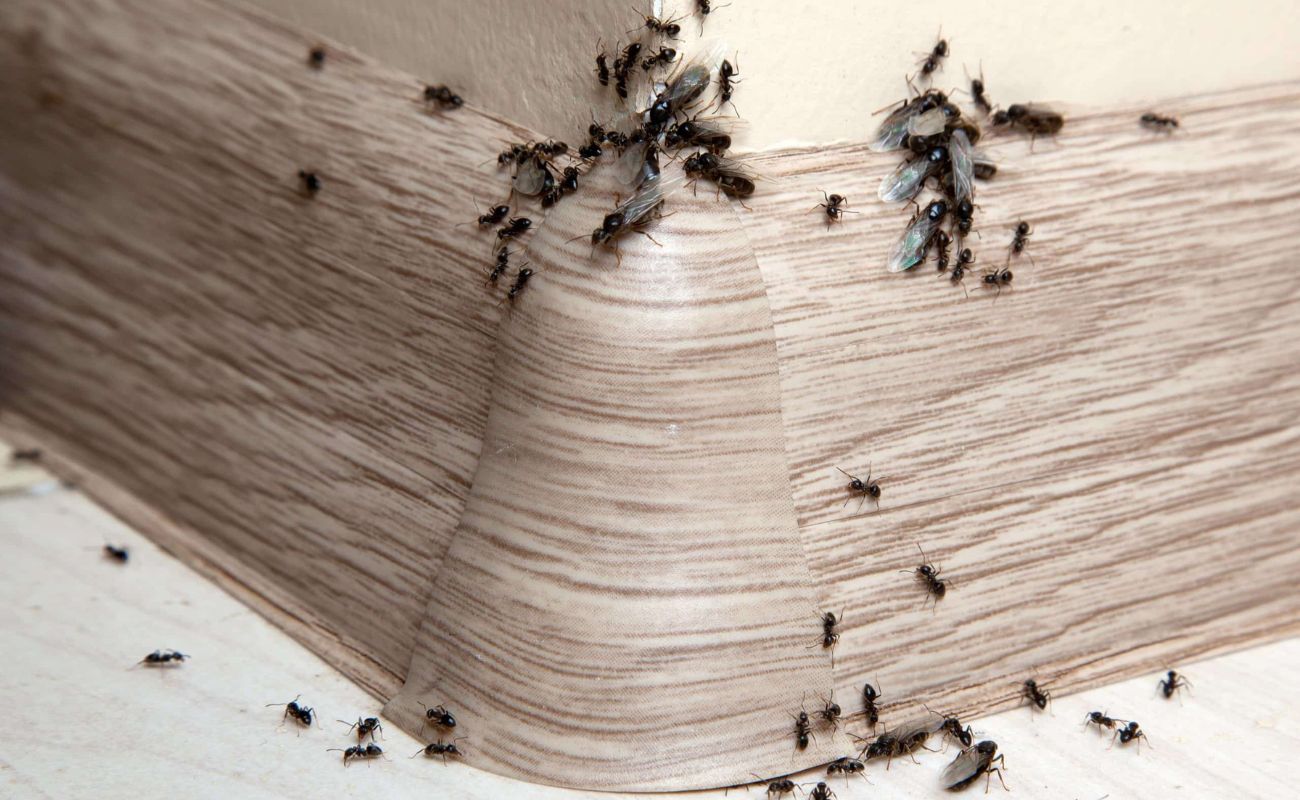
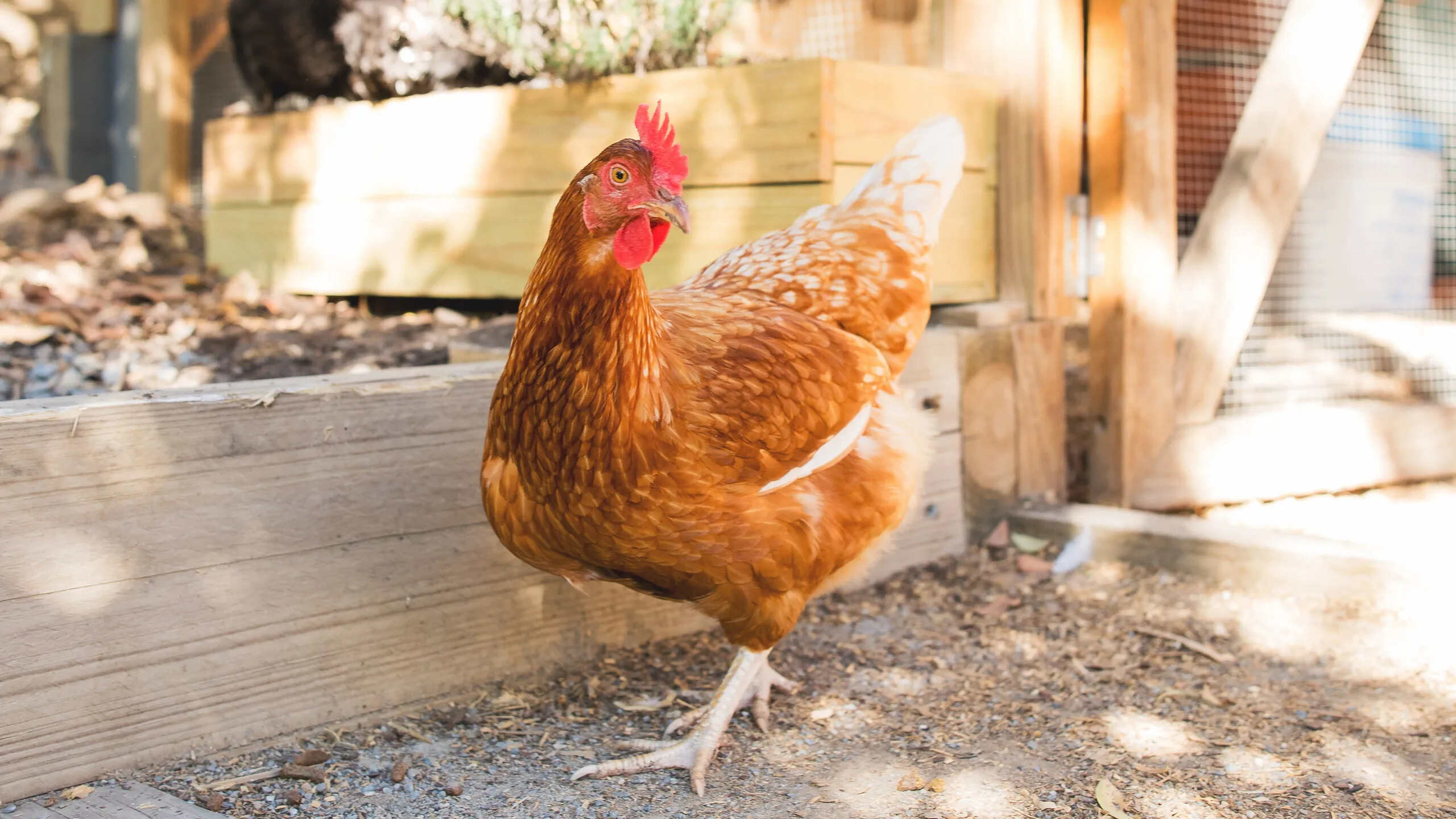

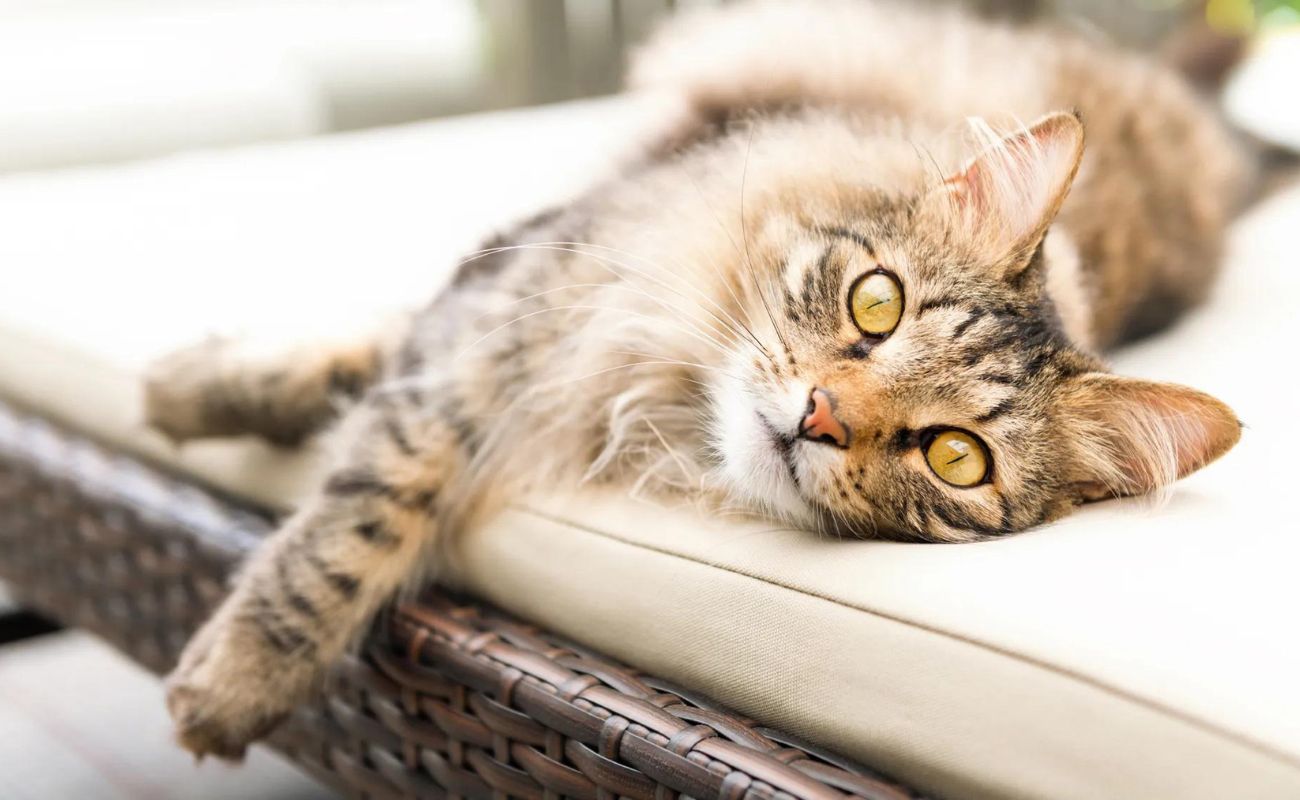
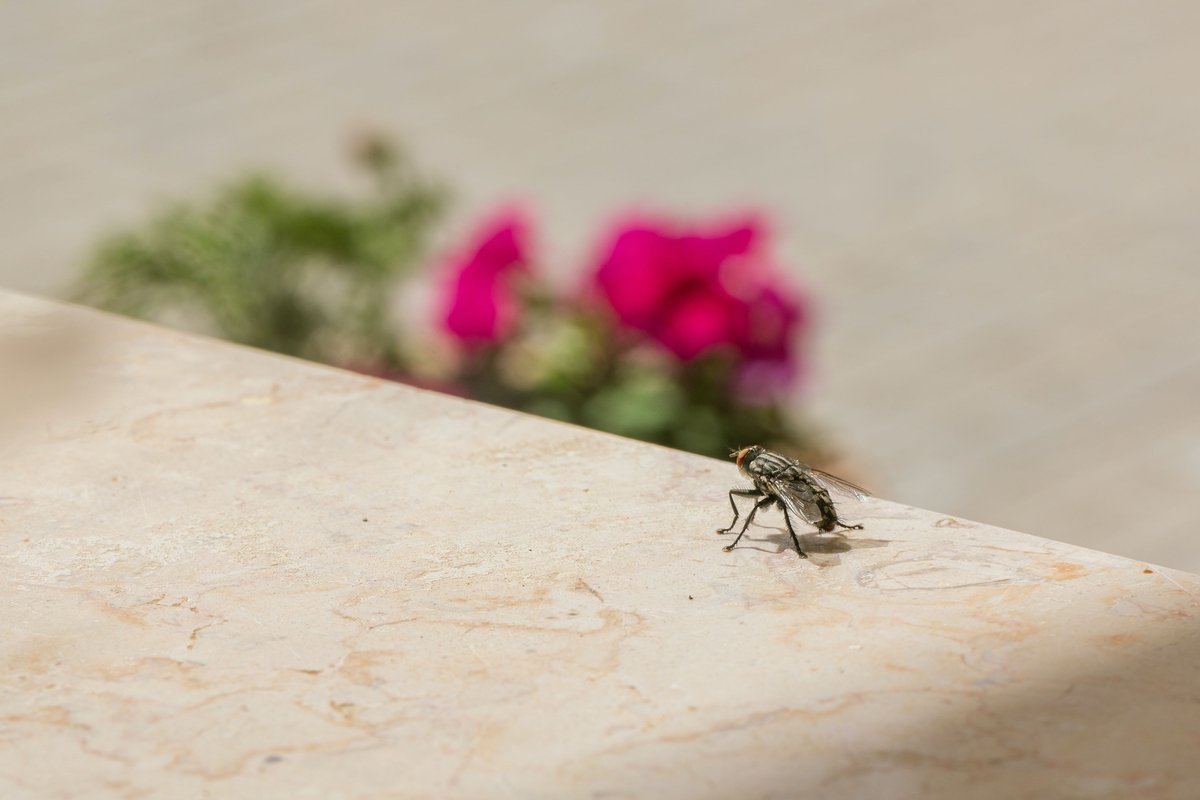
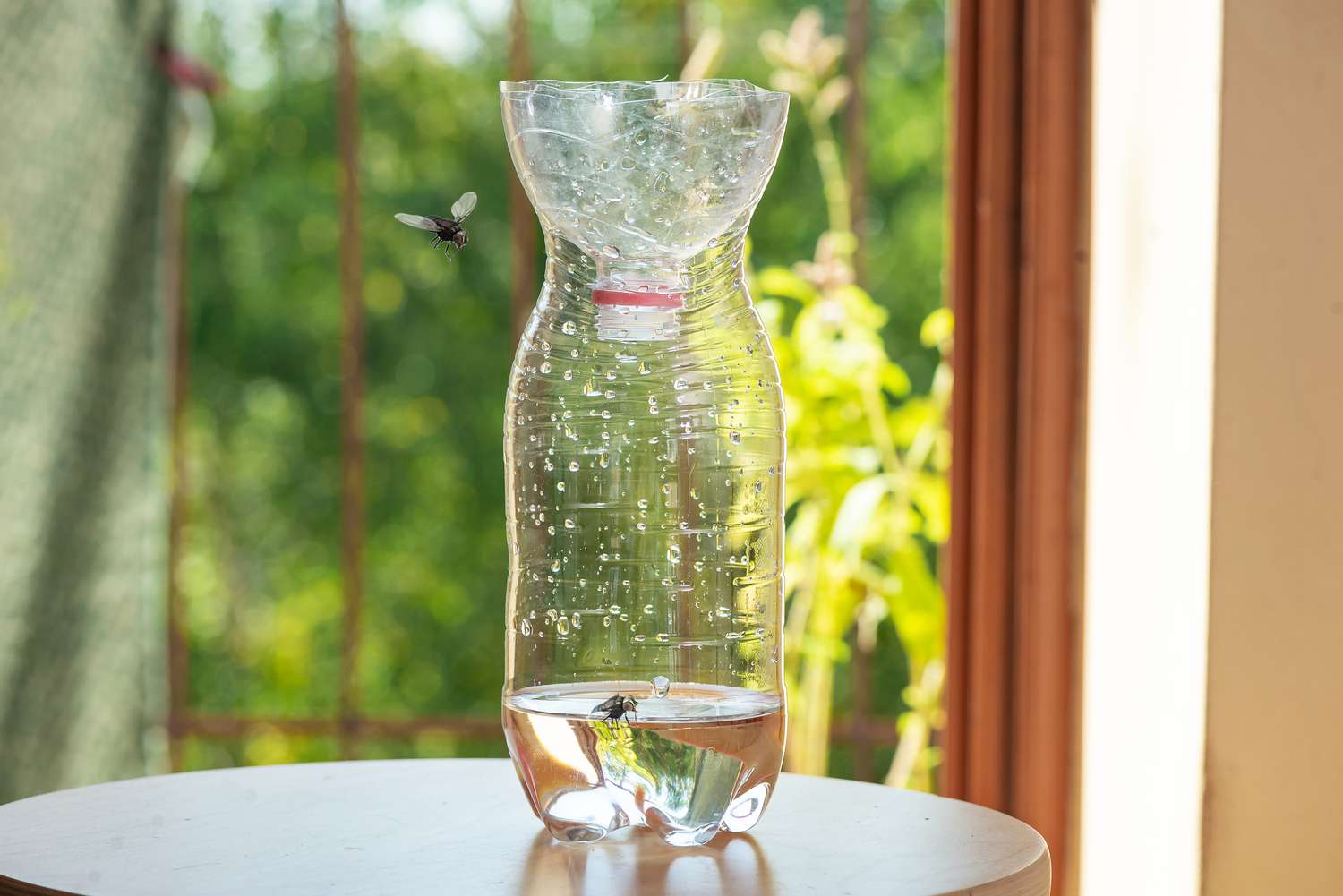
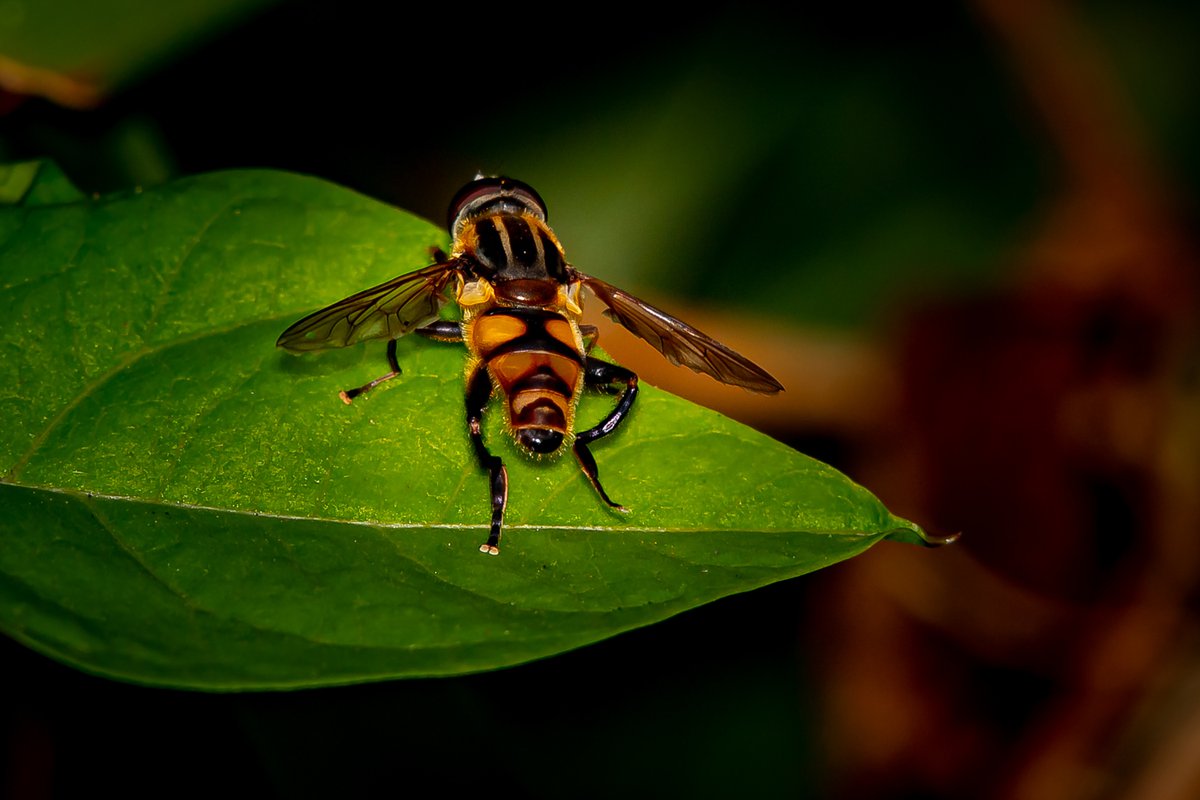

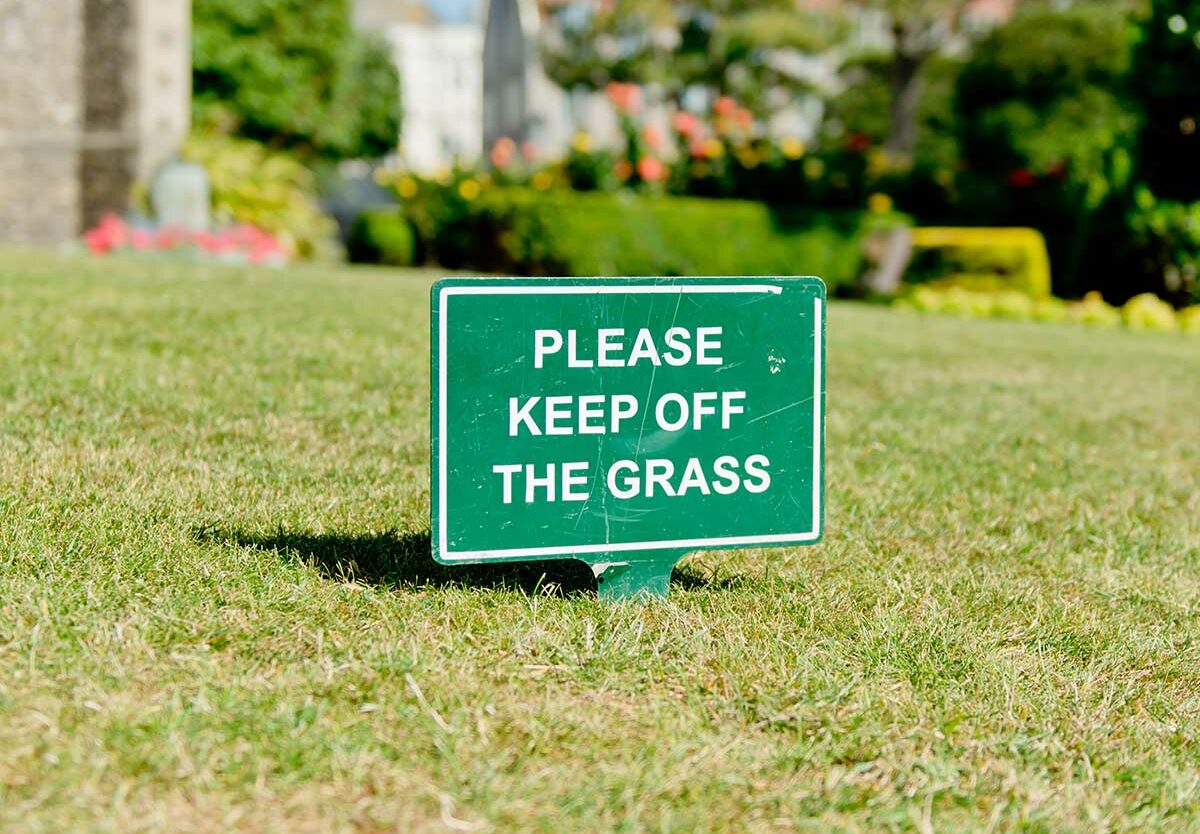

0 thoughts on “How To Keep Flies Off Artificial Grass”